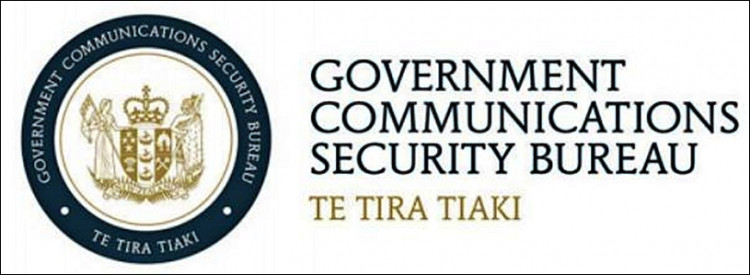New Zealand is the newest member of the British Commonwealth to ban domestic telecommunications firms from using equipment made by Huawei Technologies Co, Ltd.
Huawei is the world's largest telecommunications equipment manufacturer. It is also the world's second largest smartphone maker after Samsung.
As in the case of the United Kingdom and Australia, which are also members of the British Commonwealth, New Zealand banned Huawei because its equipment poses an extreme danger to national security. It is alleged Huawei equipment can spy on their users and send this information back to China's spy agencies.
The government of Prime Minister Jacinta Ardern blocked Spark New Zealand, a major telecom carrier, from using Huawei equipment in its upcoming 5G mobile network. Spark confirmed the government ban.
It said Andrew Hampton, New Zealand's Director-General of the Government Communications Security Bureau (GCSB), told it that using Huawei telecom equipment would "raise significant national security risks."
Andrew Little, the Minister responsible for the GCSB, said Spark should work with his agency to reduce security risks.
One of New Zealand's spy agencies, GCSB is tasked with defending the country's national security by providing intelligence and collecting and analyzing information of an intelligence nature. On the other hand, Spark provides fixed-line telephone services; operates a mobile network; is an internet service provider, and a major ICT provider to NZ business firms.
Huawei denied the GCSB allegations. It said will "actively address any concerns and work together to find a way forward."
Experts say Western governments are increasingly worried about Chinese spying because of the unusually close ties between companies -- especially state-owned firms like Huawei -- and China's spy agencies such as the Ministry of State Security (MSS).
Those fears are being fanned by new laws introduced in 2017 that requires Chinese business firms to assist the MSS and other organs of state security in national intelligence efforts. These laws empower the Chinese state to compel people and companies to assist when they are called on to do so and impose stiff penalties for non-cooperation.
The combination of these new rules and China's unrelenting history of espionage increases the perception among many countries that using Chinese-made equipment from Huawei and ZTE in critical national infrastructure is an open invitation to Chinese espionage.
Links between Chinese business firms and the central government are boosting concerns China might attempt to leverage state-linked companies to enable their espionage operations.






